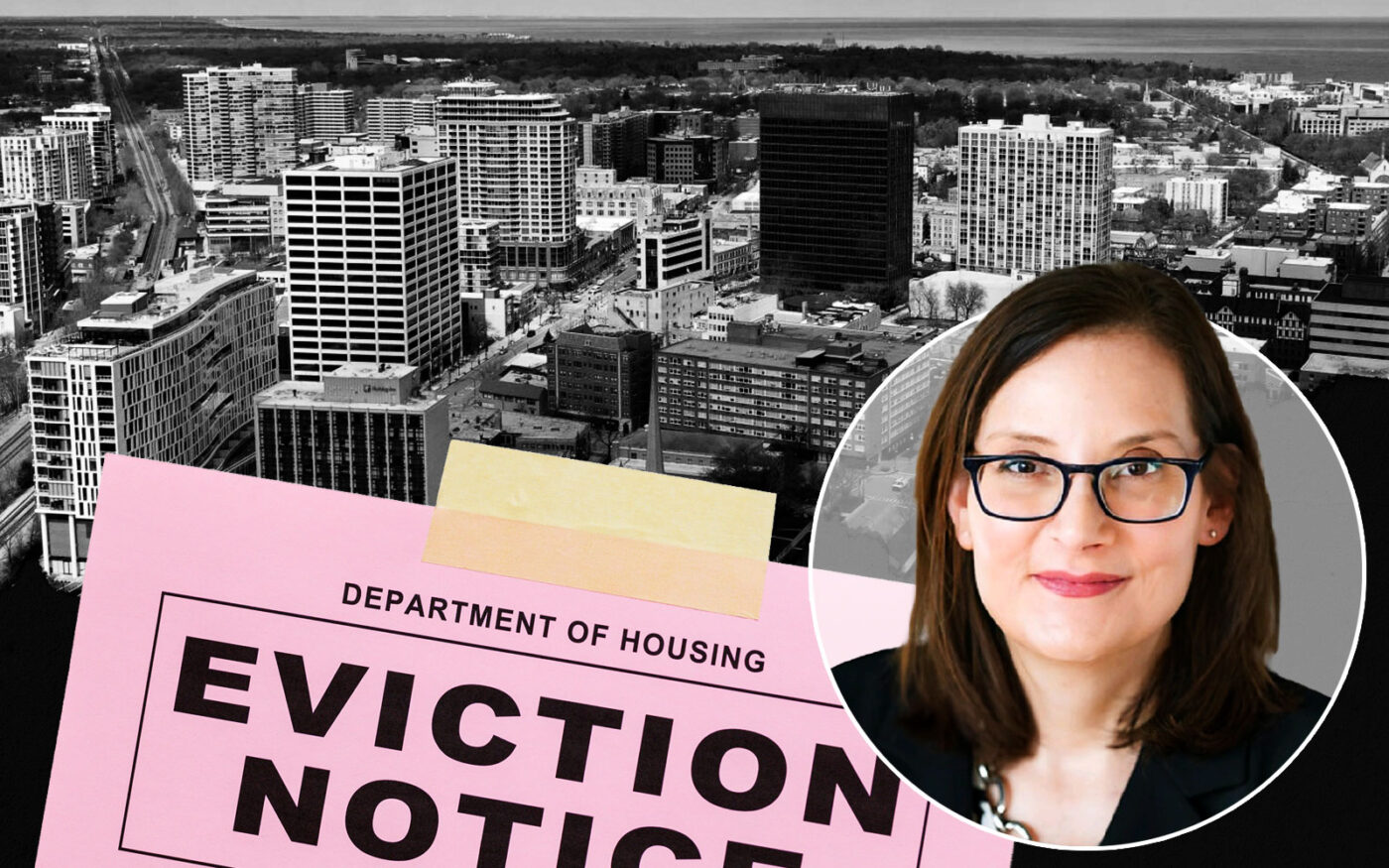An attorney for the City of Evanston is cautoning officials against the potential fallout of a recently proposed ordinance that would require residential landlords to demonstrate “just cause” for evictions and enhance tenant protections.
Assistant city attorney Kathryn Loan highlighted three legal theories that could pose hurdles for the ordinance’s implementation, in a letter to Evanston’s Housing and Community Development Committee, Evanston Now reported.
The policy, spearheaded by 8th ward Alderman Devon Reid, aims to transform one-year leases into effective lifetime occupancy rights, with exceptions for justifiable causes like non-payment. Landlords would have to prove “serious breach” or “deliberate or reckless violation” of the rental agreement to warrant eviction.
The plan also calls for landlords to provide relocation assistance if rents increase by more than 15 percent.
Loan pointed out that penalizing landlords for proposing rent increases that tenants reject might clash with the state’s prohibition on rent control. Although a pending state bill seeks to repeal this ban, past attempts have failed to gain traction.
Loan also raised concerns that compelling landlords to renew leases except for limited reasons could infringe upon the state’s public policy on contractual freedom. Lastly, Loan warned that the ordinance’s provisions could constitute an unconstitutional taking without compensation, violating the Fifth and 14th Amendments.
In addition, Loan cautioned about potential unintended consequences of the proposed ordinance. She argued that imposing relocation fees might incentivize landlords to hike rents to cover the costs, exacerbating affordability issues and gentrification. Moreover, it could deter small landlords from renting out their properties altogether, further constraining the supply of affordable housing.
A similar proposal in New York has been met with resistance from landlord and tenant advocacy groups, calling it a “housing policy disaster” that fails to address the financial stability of older rent-stabilized buildings.
Evanston’s Housing and Community Development Committee is set to deliberate on the matter on Tuesday, April 16.
Evanstan has historically served as a political testing ground for progressive policies that are later implemented, or attempted, in Chicago. For instance, the north suburb in 2019 passed an initiative that raised property transfer taxes on transactions of $1.5 million or greater.
Chicago Mayor Brandon Johnson pushed for a similar measure, although on a larger scale, after taking office last May. Voters ultimately rejected that proposal last month.
—Quinn Donoghue
Read more



